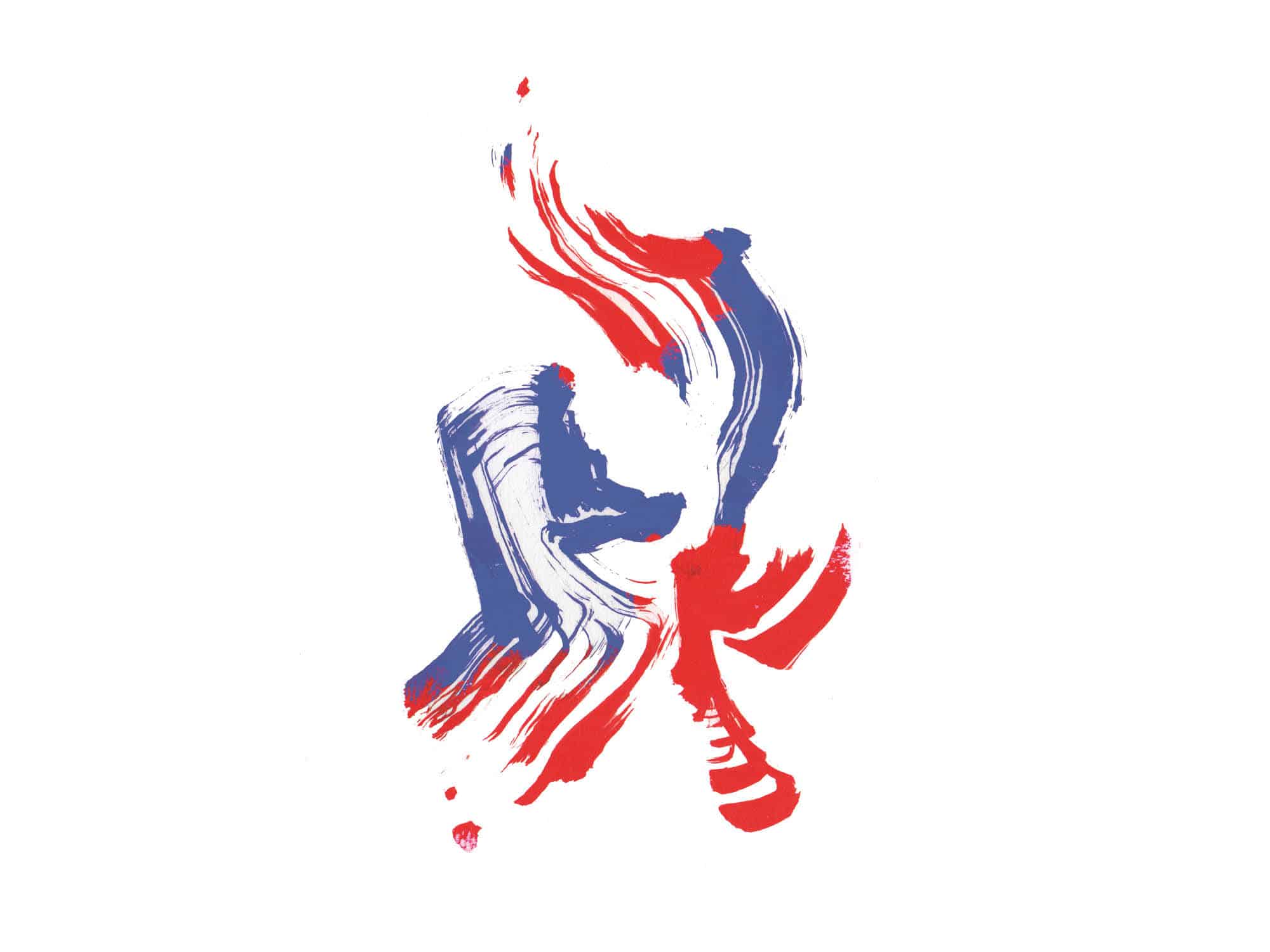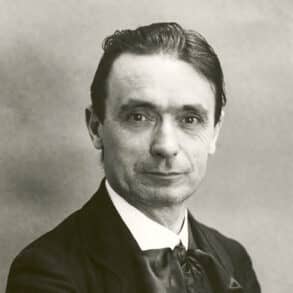The attempt to understand the US campaign and election for president has become a spectator sport with deep undertones and serious divisions. The process is fascinating, and offers a distinct view on the public atmosphere, individual psyches, and the power of media.
In this election year, with clear political polarities already in place, the fight for votes seemed to be a battle for a mythical middle space. It was, in some ways, a contest between freedom from government and freedom through government. This is a hard choice when both are valid depending on context, but such nuance was lost in the fray. One might say that the campaigns themselves were an exercise in free enterprise. Billions of dollars were expended to influence the fundamental tenet of democracy: one person, one vote. It’s elements of these enterprises and what that might mean for culture that is the focus of this essay.
One thing made visible for all the world to see—and the world was watching—was the motivating power of grievance. While grievance can be highly personal and circumstantially justified, its emotional power was forged by one side of the campaign into a currency whose value was amplified through calculated circulation. Anger and intentional demonization made for very compelling news, no matter how outrageous the story. The other side deployed a kind of good news approach that attempted to transcend its own demonstrable successes, even in light of their unpopularity, and was at the same time hampered by the real violence of the wars with which the current administration is associated.
So many extremely complex issues distilled for easy consumption; so many critical issues woven into fundamental narratives where right and wrong became interchangeable: the criminal as hero, the victim as martyr, the sacrifice of freedom to get freedom, disempowerment as a path of power, and truth left untethered on the platform of distrust. In the end, this campaign was not about the character of the candidates—the differences were stark—but rather about the character of the electorate and how fundamentally vulnerable individual consciousness has become in a sea of media-permeated experience.
If people keep hearing that we are isolated and unprotected in an evil world, they might understandably come to feel that the world is a threat to their sovereignty, even their dignity, despite evidence to the contrary. This kind of messaging leads to a sense of separation from the rest of the world. If I truly believe that the economy is treating me badly—as a consequence of inflation or simply because I perceive that it is so—then my financial insecurity can breed feelings of mistreatment, being left out, and anger. This is disempowerment connected to victimhood, and it is foundational to grievance. That an authority figure will settle my grievance makes the idea of dismantling existing governing structures therapeutically satisfying. This brings into question the nature of authority. What is the intention? Who does it serve? What is the endgame?
Beyond grievance, an even deeper thread running through the campaign was a proclivity to drop almost every issue into the deep wells of fear, doubt, and hatred. Feeding into each of these states is a campaign unto itself, fueling the fear that someone will further erode your well-being, continue to look down on you, and deny your humanity; or the doubt that you can trust anything others say because they are lying to you, don’t care about you, are flawed based on gender or race, and act without bounds; or the hatred that culminates from fear and doubt. Everything not part of our belief system becomes a threat in need of rejection, as if it were some kind of foreign enemy. We come to hate the enemy. The result is a world falsely divided between good and evil. Taken together, emphasis on inflation (an economic threat) and immigration (a cultural and physical threat) breeds a collective and unifying wound in the believers. Such a wound paves the way for the authority figure as the great rescuer. This is a calculated process of manipulation—an evil inversion of the core inner work of overcoming fear, doubt, and hatred as a path toward freedom.
Would we surrender our authority to someone else if we were convinced that they could alleviate our fears, doubts, and hatred? If I were to do so, I would be giving up my agency and spiritual freedom—the essential keys to furthering the evolution of the consciousness soul. An authoritarian, as they accrue, seize, or manipulate their way to power, is a force for retarding and controlling consciousness. The goal, achieved through the concentration rather than the distribution of power, is the elimination of individual initiative and self-determined authority. Freedom and its accompanying political freedoms, such as speech, become compromised ideals in an environment lacking ethical, moral, or even legal boundaries. Without such bounds of accountability, freedom of speech becomes instead a license to use speech (that includes money these days) that disregards the dignity of others and the integrity of any social contract. Such a condition gives permission for profound shadow forces to be activated, the consequences of which we do not yet know.
The propagandistic techniques used for this gathering of authoritative power are many: language, control of emotions, the ruses of artificial intelligence and social media, publicly perpetuated lies, and half-evidence taken out of context. Directed toward the anti-social and anti-consciousness goals of power and control, they are effectively dehumanizing. These techniques, new and old, have been “field tested” and will not go away as long as the nexus between power, money, and the continued de-spiritualization of everyday life remain unchallenged.
While this reflection is a postmortem of the US campaign and presidential election, the spectacle will continue. The work ahead? Focus on strengthening inner authority with and for each other, cultivating trust, and raising up the importance of truth as a path toward spiritual freedom. We need to transform fear, doubt, and hatred such that they no longer rule either inwardly or socially, and we need to do so in a way that recognizes the genius of individuality, inner freedom, and the warmth of social life. The work is to awaken to community in the widest and most inclusive sense of the concept, and to practice forgiveness while tending to truth. Is this what the evolution of the consciousness soul looks like in political life?
Image Ella Lapoint, Election, 2024









